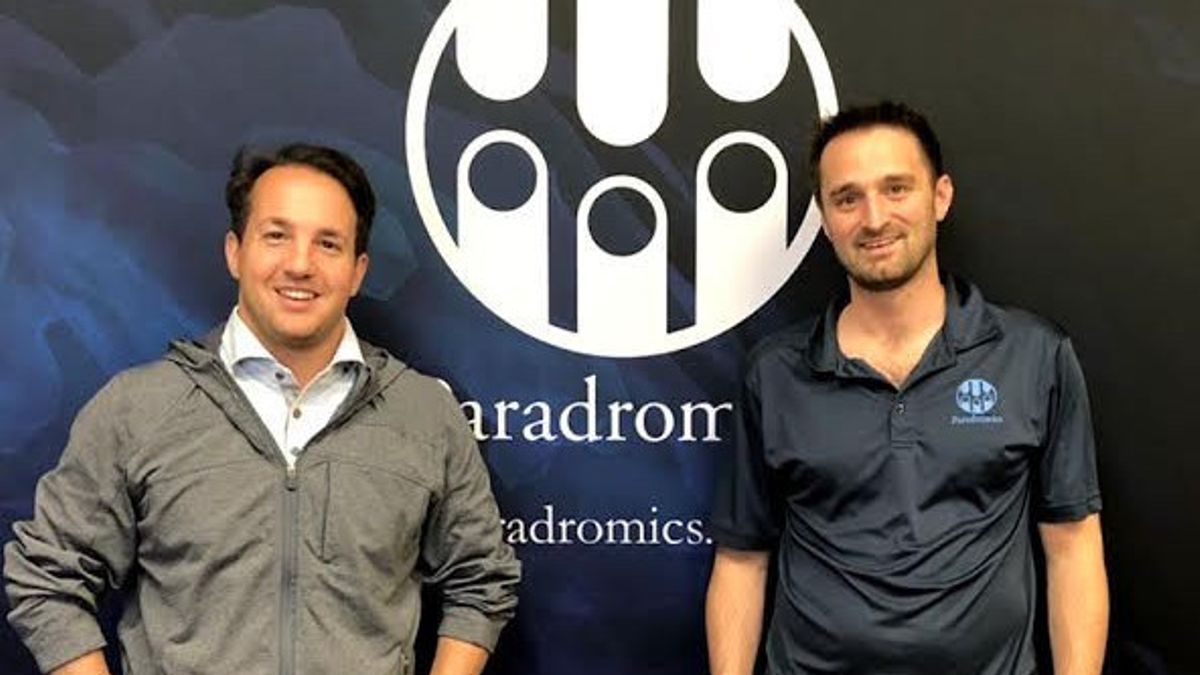JAKARTA - Paradromics Inc., an Austin-based company, which has been developing high-speed data technology, has received an injection of US$20 million from Dallas-based Westcott Investment Group. The funds will be used to develop brain-to-computer interface technology
Founded in 2015, Paradromics is a major competitor to Elon Musk's Neuralink, in developing brain technology into computers. They are competing to find technology that helps people with neurological disorders.
Paradromics says its first commercial product, the Connexus Communications Device, will restore communication for those who have lost their ability to speak due to severe paralysis.
The investment will help further develop the Connexus feature, which uses tiny modules and micro-wires that are implanted in the brain and connected to a device in the chest to translate bioelectrical signals into digital signals that can be processed by a computer.
“We are combining the best of neuroscience and medical device engineering to create a robust and reliable platform for new clinical therapies,” said Paradromics CEO Matt Angle. “This funding is a validation of our technology and strategic vision of leading the market in this fast-growing technology.”
The latest funding injection, led by Prime Movers Lab and backed by Westcott Investment Group, continues the injection of $10 million in early-stage private funding and $15 million in public funding from the National Institutes of Health and the Department of Defense. Last year, Paradromics successfully tested its platform on sheep.
Market interest in the US$200 billion brain-computer interface therapy technology has skyrocketed in recent years. Startups have reportedly raised $132.8 million since January, according to PitchBook.
Investing in Paradromics was easy for Court Westcott, son of Dallas entrepreneur Carl Westcott and managing partner of Westcott Investment Group. Westcott Investment Group, a private equity firm founded by the Westcott family investment office, has long invested in cutting-edge technology, particularly in relation to augmented reality.
After successful investments in AR companies like Metaio Co., Westcott looks to the future in how people receive and access information. Then, in 2018, he met Angle and learned more about brain-computer interface technology.
"Ultimately, we will be using this as a consumer, which sounds crazy, in BCI format to access information," Court Westcott said.
His company quickly invested in Paradromics, although widespread consumer use is unlikely for the next few years. But according to Westcott, the technology could benefit people with brain-related illnesses.
"The device itself, we believe, is the ideal investment to help many sick people in this decade," he said. If the technology were to materialize, not only would people with neurological diseases benefit, but it would also create opportunities for normal humans to control computers with their brains.
The English, Chinese, Japanese, Arabic, and French versions are automatically generated by the AI. So there may still be inaccuracies in translating, please always see Indonesian as our main language. (system supported by DigitalSiber.id)












